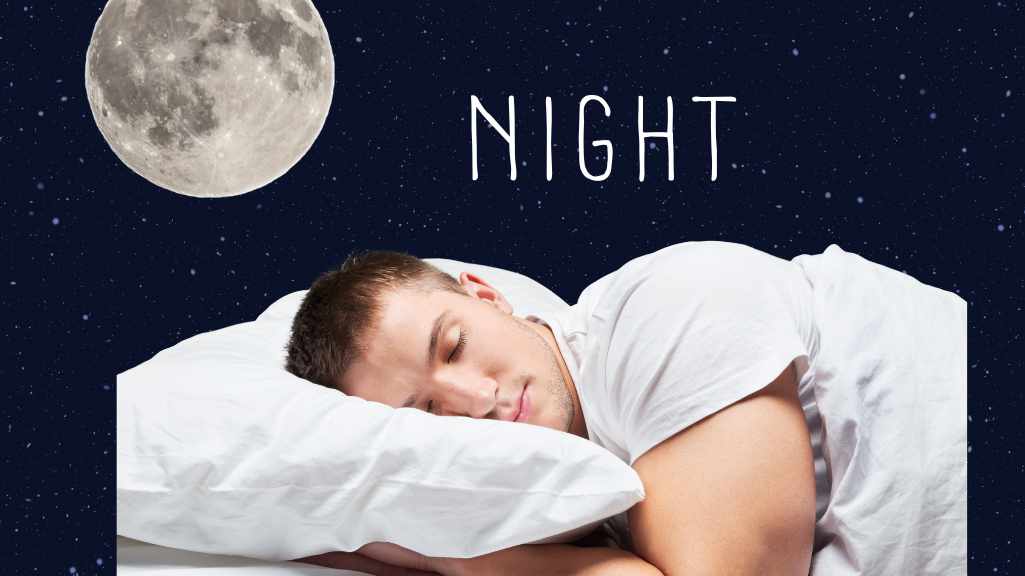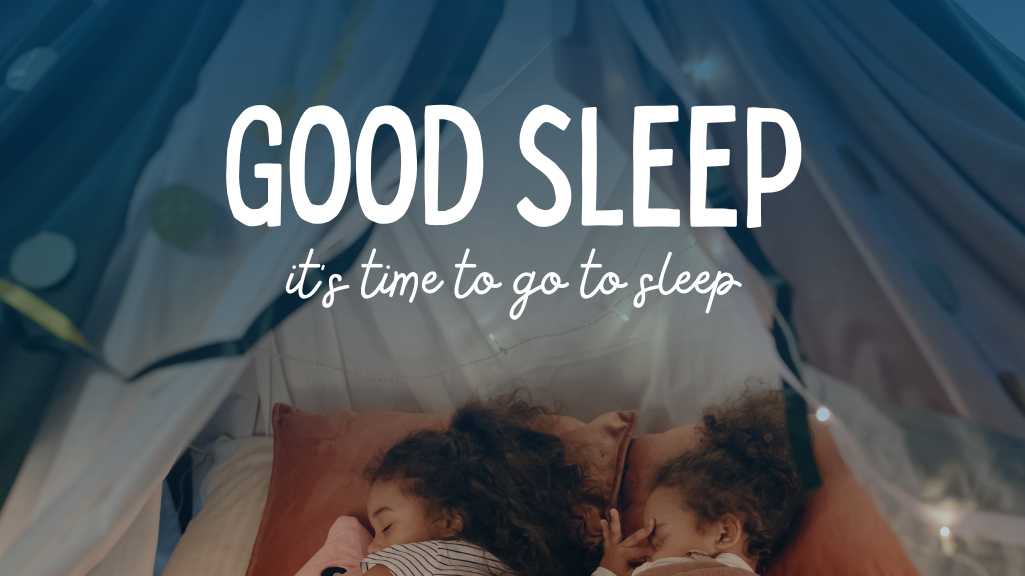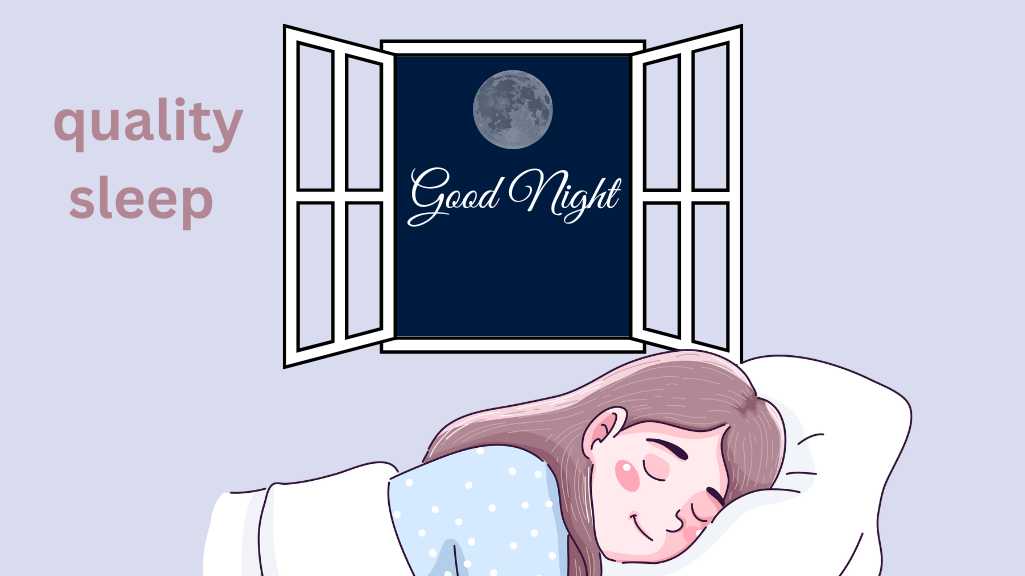Introduction
Sleep is increasingly difficult to come by in today’s busy society. Many people have difficulty relaxing as they have so many work obligations, family responsibilities and private affairs to deal with. Besides being a form of winding down, better sleep is also vital for good health. Poor sleeping patterns are linked with various conditions such as lowered immunity, cognitive decline, diabetes and heart disease among others.
The current trends reveal that more people are paying attention to sleep health hence relying on sleep aids, gadgets and apps that can aid them in enhancing their slumber quality. The rise of sleep tracking technology and wellness activities popularity exemplify the significance put on better sleep. This article will delve into some key concerns about better sleep; elaborate its impact on individuals’ health as well as the society itself while proposing practical solutions towards improving its quality.
Table of Contents
Important Issues of Better sleep
Understanding Sleep Cycles
Better Sleep is a complex process involving several cycles each with a different importance to human wellbeing. There are two main types of sleep namely NREM (Non-Rapid Eye Movement) and REM (Rapid Eye Movement) Sleep stages. On NREM there are three stages which include: light (stage 1), deep (stage 3) during which body rebuilds tissues, builds bone n muscle up and strengthens the immune system wave has been found to be responsible for dreams while playing an important role in memory consolidation & mood regulation too.
Stages of NREM Sleep
- Stage 1: This is considered as your lightest stage of slumber which is known as transition from wakefulness to falling asleep; usually lasting only for few minutes you may experience sudden muscle contractions.
- Stage 2: At this point your body further calms down characterized by decreased heartbeats plus lower temperature levels throughout. It takes up roughly half of total sleeping time thus crucial for memory formation.
- Stage 3: Deep Sleep/Slow-Wave Sleep –This stage is important in physical recovery and growth. It’s when your body releases growth hormones before replacing worn-out tissues.

Factors Influencing Sleep Quality
Sleep quality may be influenced by lifestyle choices, environmental factors and psychological stress. The key ones are:
Lifestyle Choices
- Diet: Drinking caffeine or heavy meals close to bedtime may adversely affect your better sleep. Alcohol will initially make you drowsy but leads to fragmented sleep.
- Caffeine: Try not to take anything containing caffeine such as coffee, tea or soda at least six hours before going to bed.
- Heavy Meals: If you eat large meals, you may feel bloated or suffer from heartburn which will deny you a peaceful night rest. If one feels hungry in the evening, he/she should just grab something light.
- Exercise: Regular exercises promote better sleeping patterns although exercising at late hours might have a negative effect on it.
- Timing: Plan to finalize any strenuous workouts minimum three hours ahead of retiring for the day.
Easy pre-sleeping exercises like yoga or stretching might be good for you.
When it comes to sleep, screen time is not helpful. Blue light emitted by screens interrupts the release of melatonin hormone which regulates our sleep.
- Devices: An hour before bed, attempt to avoid use of handsets, tablets and computers.
Blue Light Filters: Put blue light filters or night mode on your devices so that they are not too much affected.
Environmental Conditions
- Room Temperature: Sleeping in cool and comfortable environments is best at around 65°F (18°C).
- Thermostat: In summer months, set your thermostat cooler or utilize fans to keep a cold environment.
- Bedding: Select beddings with breathable fabrics like cotton for blankets and sheets which would prevent overheating.
- Noise and Light: Your sleep may be disrupted by excessive noise and lighting. earplugs blackout curtains white noise machines are some remedies for these problems respectively.
Blackout Curtains These curtains block out external light allowing a darker sleeping place.
- White Noise Machines: They produce sounds that cover up troubling noises while providing a constant calming sound.
- Mattress and Bedding: Better Sleep quality can be much affected by having a relaxed mattress and suitable bedding.
- Mattress Quality: Buy a good quality mattress which provides adequate support.
- Pillows: You should choose pillows that will prop your neck and head properly.
Psychological Stress
Stress and anxiety Higher stress levels can lead to insomnia among other sleeping disorders. Other approaches towards managing this kind of stress include mindfulness meditation or relaxation exercises.
Mindfulness For example engage in activities such as yoga breathing deeply so as to lessen stress hence easily relaxing.
Journaling Write down all the thoughts and worries before going to bed so that they do not bother your mind.
Mental Health Disorders Depression as well as anxiety disorders can disrupt sleep patterns. It becomes very required for one to seek help from mental health experts who deal with such cases specifically after being identified with any mental health situation like depression or anxiety attacks.
Therapy Behavioral intervention therapy has been found effective in addressing sleep disturbances related with mental health issues.
Medication Depending on individual circumstances, a healthcare provider maybe required to prescribe medication.
Circadian Rhythms’ Role
Sleep-Wake Patterns are influenced by Circadian rhythm which is our bodies natural 24-hour cycle. Sleep disorders can occur when this rhythm is disturbed by irregular sleep schedules or unfamiliar light. Understanding and aligning with our circadian rhythms can improve the quality of sleep.
How Circadian Rhythms Work
- Biological Clock: The brain has a biological clock which senses darkness and light.
- Melatonin Production: This hormone is secreted in response to absence of light which helps in controlling better sleep.
The Impact of Better Sleep
Health Implications
Physical health matters a lot. There are several processes that occur inside the body when one is asleep such as muscle regeneration and repair, protein formation and release of growth hormones. Some consequences of chronic sleeplessness include:
- Weakened Immune System: More liable to infections.
- Weight Gain: This leads to disrupted hunger controlling hormones resulting obesity hence overeating.
- Heart Health: This subjects an individual into high blood pressure heart attack, and stroke chances increase.
Specific Health Conditions
- Diabetes: Insufficient sleep may decrease insulin sensitivity thereby increasing the risk for type 2 diabetes.
- Mental Health: Sleep conditions are usually related with depression and anxiety.
Cognitive and Mental Health
Sleep is essential for cognitive processes. When a person gets enough better sleep, his or her ability to concentrate, work productively and be fast at tasks improves among other things. Absence of sleep affects the brain’s processing capacity thereby leading to memory loss and confusion while making decisions. It as well takes part in emotions regulations through mental engagement apart from mood stabilization. Such disorders often occur with mental problems such as anxiety and depression.
Cognitive Functions Affected by Sleep
- Memory: Sleeping strengthens memories thus enhancing recall.
- Problem-Solving: Good sleeping patterns can improve problem-solving skills.
- Decision Making: Inadequate rest impairs judgment and decision-making skills.
Societal Impact of Better sleep
Disordered sleep has negative consequences that are not only experienced by individuals but society at large too. This reduces overall productivity for everyone while increasing healthcare costs as they are exposed to more accidents. For instance, many road accidents result from drivers who are drowsy behind the wheel. The ultimate goal will be attained if the residents experience better nights hence promoting public health safety at this high-level range coverage.
Economic Costs
- Healthcare Costs: Many more visits to doctor’s offices with higher medical bills that come out of it.
- Productivity Loss: Reduced workplace efficiency along with elevated employee absenteeism levels.
Better Sleep: Strategies and solutions
Having a Sleep Schedule
A good way to improve sleep is to have regular sleeping times. The body’s internal timer gets regulated by going to bed as well as waking up at the similar time every day. Some suggestions for setting one include:
- Set a Sleep time: Choose a sleep schedule that will enable you to get 7-9 hours of better sleep.
- Get Ready for Sleep: Create a pre-bedtime routine such as reading or having a warm bath which signals your body that it should fall a better sleep now.
- Say No to Afternoon Napping: Ensure that naps are limited during the day to about 20-30 minutes and avoid taking them too late in the day.
Before Better Sleep Ideas
- Read a book: Select some book to calm down with.
- Take a Warm Bath: Having a warm bath can help relax your muscles thus preparing you for better sleep.
Creating Sleep-friendly Surroundings
Your quality of sleep may be improved by optimizing the environment you are sleeping in. Take into account these:
- Keep It Chilled: Maintain low temperatures in your room.
- Darken It Out: Use blackout curtains or eye masks when sleeping.
- Cut Down on Noise Levels: Utilize either earplugs or white noise machine in order to minimize noise disturbances when sleeping.
Invest In Comfort Instead of Style When Choosing Beddings and Mattresses
Less Is More Design Concept for Bedrooms: A bedroom should remain clutter free and focused on sleeping only.
Fragrance Therapy Can Help Produce a Calming Environment Using Lavender Scented Candles for Instance.

Adjusting Lifestyle Habits
Adjusting certain behaviors can have notable effects on an individual’s ability to fall a better sleep well:
- Avoid Alcohol or Caffeine Before Going to Bed: The last few hours prior bedtime must be caffeine and alcohol-free zones for all individuals taking these substances.
- Physical Exercise: Get moving regularly, but no strenuous activity too close to bedtime.
- Eat Light at Night: Avoid heavy or spicy meals before going to bed.
Lifestyles That Are Healthy
Guarantee that you eat a healthy diet comprising of fruits, vegetables and whole grains.
Take water all day long and cut back on fluids before bedtime.
Managing Stress and Anxiety
Reducing stress and anxiety improves better sleep quality. Techniques include:
You can use techniques like deep breathing, meditation and progressive muscle relaxation to help you calm down and relax before going to bed.
Sleep disturbances associated with anxiety disorders such as insomnia can be eased by practicing mindfulness activities that aim at staying present in the moment.
Speak To a Professional If You Cannot Sleep Due to Stress or Anxiety.
Stress Reduction Methods
- Deep Breathing Exercises: Regularly practice the art of meditation by taking deep breaths to clear your mind.
Visualization Of Peaceful Scenes for Relaxation Using Guided Imagery as A Stress Coping Technique.
Utilizing Technology for Improving Sleep Quality
On the one hand, technology causes sleeplessness; on the other hand, it may offer some remedies for it:
- Rest Apps: Utilize applications that are capable of encouraging relaxation while also monitoring sleeping patterns.
- Smart Gadgets: Consider smart mattresses plus pillows that respond to individual preferences.
- Blue Light Filters: Use blue light filters on devices to dim down melatonin production during night time.
Case Studies or Real-life Examples
Successful Sleep Interventions
Corporate Wellness Programs
Better Sleep is an important aspect of a healthy lifestyle, which many firms have understood. Some companies such as a health insurance company called Aetna give bonuses to its staff who record their sleep and gain about eight hours per day. As a result, employee welfare and productivity have improved.
Community Health Initiatives
There has been some success in various localities with public health programs targeting sleep improvement. These include strategies that teach people proper sleep hygiene as well as those that make it easier to deal with sleep disorders thus leading to healthier outcomes.
Notable Failures
Overreliance on Sleep Aids
Though some instances call for the use of sleeping aids, they should not be over-relied upon because these can be disastrous. For instance, abuse of prescription sedatives leads to dependence and other negative medical events. The root causes of insomnia should be addressed rather than depending only on drugs.
Technology Misuse
Nevertheless, misuse of sleep technology can cause problems instead of resolving them. Overuse of apps used for tracking slumber may induce preoccupations known as orthosomnia. It is essential to use technology judiciously without interrupting natural human processes like sleeping.
Conclusion
Overall health and well-being require quality sleep. Sleep quality can be greatly improved if individuals know what influences the sleep patterns and take practical steps. Better sleep can be obtained through things like setting up a schedule for rest, creating the right sleeping conditions, adapting to a new lifestyle, handling stresses, etc. Use of technology is another way to improve the quality of sleep one gets.
As we continue to acknowledge the significance of good sleep, it is important to have a comprehensive approach that deals with different aspects of the sleeping process. Prioritizing rest through personal endeavors or community projects can lead to healthier productivity levels in society. Thus, take the initial step towards better quality rest today and enjoy its profound benefits in your life.
In conclusion: these tips can help you adjust your sleeping habits for positive results which translates into enhanced living standards both personally and in contributing to societal health. Begin your journey to superior slumber now and see what difference it makes in your physical as well as mental health status.
FAQs
1. Why is sleep important for general health?
For better health, sleep is crucial since it allows the body to repair and regenerate. Such processes as muscle recovery, protein synthesis and growth hormone release happen during sleep. This way, sleep aids in brain functioning, enhances memory and mood regulation. Lack of enough sleep over a long time may cause serious health consequences such as lowered immune system function, gaining weight and increasing the risk of heart disease and diabetes.
2. What are some effective ways of establishing a regular pattern of sleep?
Establishing an unchanging sleeping routine means going to bed at a certain time every night including weekends when possible or if necessary. These can also include avoiding caffeine or heavy foods before bedtime, creating soothing rituals before retiring to bed or stopping much screen time during evening hours. A diary written about one’s own patterns of sleep can also be helpful in tracking them down whenever necessary changes have to be done.
3. What is the effect of technology on sleep quality and how can they be improved?
The first influence of technology on sleep quality is seen through the blue light that originates from screens which may disrupt melatonin manufacture and disturb our daily rhythm. To discontinue these results, one can install blue light filters on devices, avoid screens for about an hour prior to bed time or make use of apps that encourage relaxation and monitor sleep patterns without causing anxiety.
4. What role does diet play in sleep quality, and which foods are beneficial or harmful?
The diet plays a large part in deciding whether you have good or bad night’s rest. Also consuming drinks containing caffeine, or heavy and spicy meals before retiring to bed could interrupt your sleeping pattern. Alternatively, certain foods promote better sleep due to their richness in tryptophan (for example turkey, nuts and dairy) magnesium (i.e., leafy greens like spinach and bananas) as well as melatonin (in cherries). Maintaining a healthy eating habit all day long as well as hydrating your body keeps you enjoying peaceful nights.
5. Can stress and anxiety affect sleep, and how can they be managed to improve sleep quality?
Definitely, stress together with anxiety has the capacity to interfere with normal sleeping pattern making it difficult for someone both to fall asleep at night or remain asleep throughout the night. In addition, managing stress involves engaging in deep breathing exercises meditation techniques progressive muscular relaxation pre-sleep routines should be created stress management programs should be put into place regular physical activities must be engaged into whenever there is a need for help from the expert then one must seek their services if he/she wants peace while sleeping.

